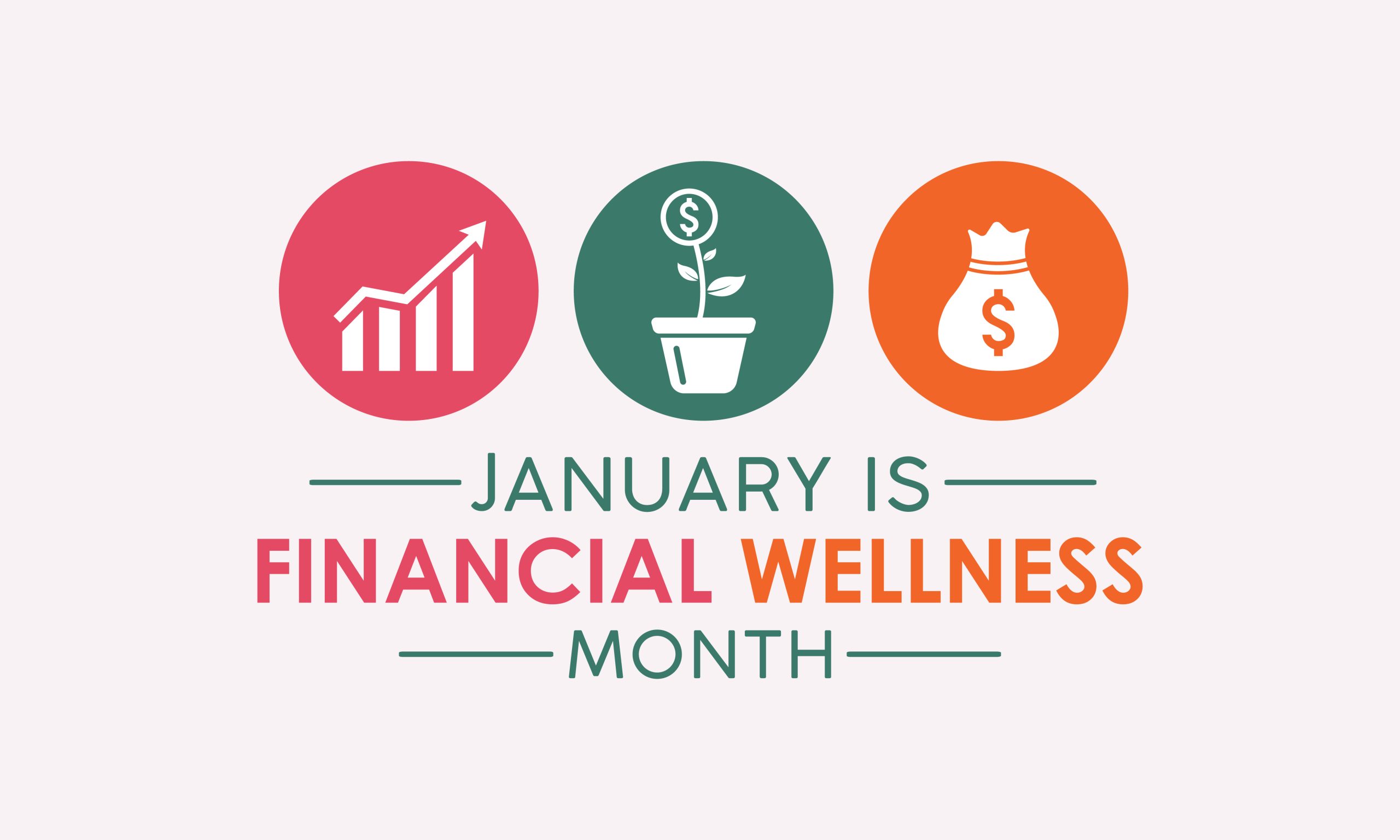Good riddance to 2020. That is the overwhelming sentiment as the calendar changes to 2021. A new year brings new hope: successful vaccines, a new administration, a return to normalcy (and in-school teaching). If this pandemic has taught us anything ─ other than your mother was right to tell you to wash your hands often ─ it is that you must be prepared for the unexpected.
Many people were caught unprepared in 2020. Families had to rethink childcare and find ways to educate their children. People lost their jobs, became sick from the virus, and lost loved ones. Every one of these events has a financial implication. 2020 made clear the importance of being financially prepared for the unexpected.
Here are some financial resolutions you can implement to help you be better prepared in the future.
Understand Your Sources of Income and Expenses
Understanding your cash flow is an important first resolution. It ties directly into your ability to be financially independent. Here’s how you can gain an understanding of your income and expenses.
Review your living expenses over the last two years to determine where you spent money. Why two years? Because 2020 may have been an anomaly. There were fewer travel and entertainment expenses due to COVID-19, but hopefully, these will increase in 2021. On the flip side, your grocery bills may have increased due to everyone being home all the time and unable to go anywhere. Therefore, look at 2019 as a base year to understand where you typically spend money, review how 2020 unfolded, and adjust based on your expectations for 2021.
Understanding these numbers allows you to decide how much you can save or spend once the economy reopens fully. We recommend using this information to help you develop a formal savings plan, with the goal of first building your emergency fund and then adding to your retirement savings and brokerage assets.
Build an Emergency Fund
Having an emergency fund ─ a bucket of easily accessible cash to be used in an emergency ─ can make a difference when the unexpected occurs. The amount saved should provide for your needs for three to six months if you lose your job. These funds should be liquid, held in a savings account, and available to you immediately.
Read more about developing healthy saving habits.
Rebalance Your Investment Portfolio
The beginning of the year provides an excellent opportunity to rebalance your investment portfolio. 2020 was a wild ride in the stock market. Equity investments fluctuated during the year; they were down almost 40% in March, yet ended the year up by approximately 18%. That kind of short-term volatility can throw off your long-term asset allocation from your original goals. Now is a good time to determine whether your goals have changed, and then rebalance your portfolio back to your goals and assess if individual assets need to be replaced.
Create a Power of Attorney and Health Care Power of Attorney
A power of attorney (POA) is a legal document giving the named agent (a.k.a., attorney-in-fact) the ability to act for you. This power can either be a broad legal authority or limited authority to make decisions about your property and finances. A POA is typically used in the case of illness or disability so that someone can pay your bills or make financial decisions when you are unable.
The Health Care Power of Attorney is a legal document giving the named agent the authority to make medical decisions if you cannot do so on your own behalf to ensure your wishes are carried out. Typically, you name someone you trust to these positions, such as a spouse, partner, parent, or child.
Another important estate planning document is a Will, which everyone should have. If you don’t have a Will or haven’t updated yours in a long time, read Why Everyone Needs a Will (previously published in Forbes.com) as well as Why You Should Include Digital Assets in Your Will.
Refinance Your Loans
Not everything that happened in 2020 was bad news. Interest rates are at all-time lows. Now is the time to consider refinancing your loans. Refinancing will allow you to reduce your monthly payments, as well as the total financing cost over the term of the loan. There are usually costs associated with refinancing, so you must consider how long it will take you to make up the costs based on the monthly savings (break-even analysis).
For example, refinancing a mortgage makes sense if you can lower your rate by 1% and plan to keep the house for five or more years. Another example is a student loan. Student loan interest has been frozen until April 2021 due to the pandemic. If you have private student loans, evaluate options to refinance those to lower rates.
Review Your Credit Reports
Annually reviewing your credit reports is an important step in maintaining good credit. Good credit becomes critical when you need to apply for a credit card, mortgage, or auto loan. Regularly checking your credit reports makes you more aware of what lenders may see and helps you detect inaccurate or incomplete information.
Your credit score tells lenders how creditworthy you are. Maintaining a healthy credit score can help you save money on borrowing costs and insurance costs. The numbers range from 300-850 and are calculated based on various information, including your payment history and credit usage. Though it varies across credit scoring models, a score of 670 or higher is generally considered good, 740 and higher is very good, and a score of 800 or greater is excellent. Keeping tabs on your credit score is a great way to spot potential issues early. For example, if your score suddenly drops, it could be a sign that your usage is too high, or it could alert you to a problem, such as an error on your credit report or even that you’ve been a victim of identity theft.
Every taxpayer is entitled to a free annual credit report from each of the three credit bureaus (Equifax, Experian, and Transunion). We recommend spreading these requests out throughout the year. By requesting a credit report from a different bureau every four months, you can monitor your credit for the entire year for free. When evaluating your credit report, ensure all the information is correct, including payment histories, and credit cards and loans that appear in your name.
If you have reason to be concerned about identity theft or suspect fraudulent activity, you can implement a credit freeze or issue a fraud alert on your Social Security number. Learn if credit freezes are right for you.
Meet with a Certified Financial Planner
Meeting with a certified financial planner at least once per year can help you achieve and maintain financial independence. The meeting should include a review and update of your personal and financial goals, as well as a review of your cash flow and saving opportunities. The more your financial planner knows about you, the more valuable they become as your wealth advisor. Learn more about how a financial planner can help you.
Resolutions are frequently forgotten soon after they are made. Committing to these seven financial resolutions can help set you on the path to financial independence.



